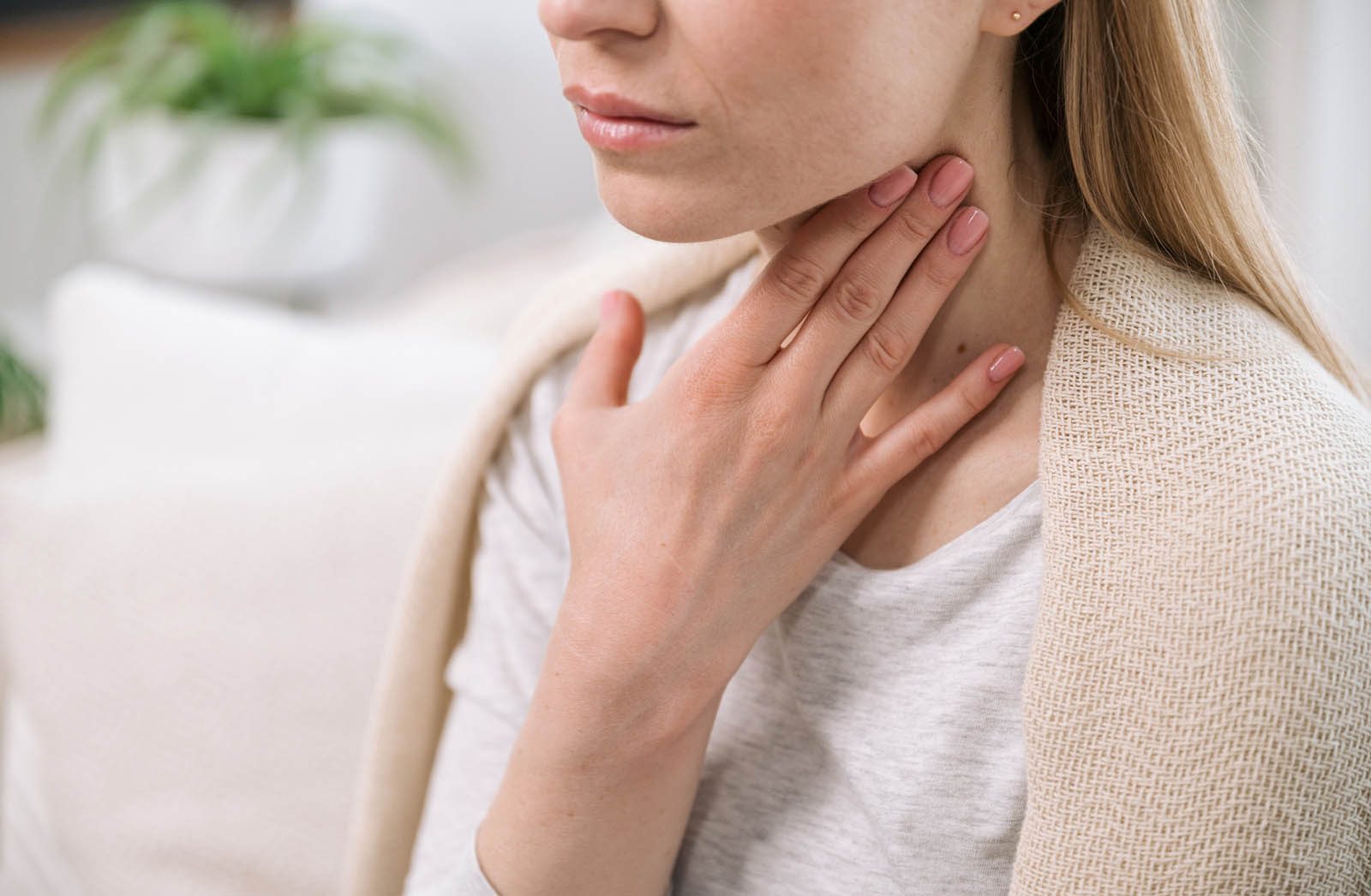How to Minimize Suffering During Allergy Season from Allergy & ENT Associates
Many people look forward to spring and summer, but for those who suffer from seasonal allergic rhinitis, it can be a challenging few months. Commonly known as hay fever, seasonal allergic rhinitis is caused by seasonal pollen fertilization cycles. Symptoms include a runny nose, sneezing, itchy eyes and nose, watery eyes and swelling near the sinus area. If you are one of the millions who suffer from hay fever, consider adopting these preventative strategies to minimize the effects of seasonal allergies.
Ways to Minimize the Effects of Seasonal Allergies
Check Pollen Counts and Stay Inside Accordingly
Be sure to check the pollen count before spending any prolonged time outdoors. Helpful websites like Pollen.com and the National Allergy Bureau publish pollen levels and other pertinent allergy information almost daily. If it’s going to be a high-allergy day, consider heading to a movie or going to the mall instead of the park.
Try Keeping Your Lawn Cut Short
This may be a task best left to someone in your household who doesn’t suffer from seasonal allergies. By keeping your lawn short during the spring and summer, you’ll be doing yourself a huge favor. Most seasonal allergies are caused by the flowering buds at the top of blades of grass blowing in the wind. If the grass is kept short, their impact can be mitigated to an extent.
Keep Your Windows Closed When Possible
It may be tempting to open the windows on a beautiful, breezy Texas spring day, but you’re better off utilizing your A/C to keep cool this season. Windy days can be especially taxing for hay fever sufferers due to the increased levels of pollen and dust in the air. Keep the windows closed and remember to change your HVAC air filter every couple of months at a minimum to keep the air in your home clean.
Wash Your Clothes and Bedding Often
Pollen loves attaching itself to your clothing and hair, and when you plop down on your bed after a long day, it can remain trapped in your bedding and irritate your skin and sinuses. Do your best to keep your home clean by washing your clothing and bedding often. Any clothing worn outdoors for a long period of time should be washed right away, and you should avoid hitting the hay without bathing first.
Protect Yourself When You Go Outdoors
If you know you’ll be spending some time outdoors, be sure to protect your skin, hair and eyes by wearing long sleeves, long pants, a hat and sunglasses. Most people associate seasonal allergies with sinus problems only, but pollen can do a number on your skin as well, often causing itchy hives, rashes and general irritation. By wearing a hat, you’ll avoid harmful pollen coming home with you in your hair.
Consider Antihistamines or Medical Treatment
There’s no shame in getting some help with your hay fever symptoms, especially if they’re sapping your energy, causing you to miss work or avoid outdoor activities. You can start by taking a daily antihistamine or nasal spray. If that doesn’t help after a week of use, a medical professional can administer an allergy shot or prescribe corticosteroids if necessary.
Seek Professional Allergy Treatment This Allergy Season
If you’re looking for relief this allergy season, consider scheduling an appointment with Allergy & ENT Associates. Our team is dedicated to helping our patients find respite from their symptoms so they can enjoy the seasons without being cooped up indoors. New patients, call (713) MY-SINUS for more information.



